As I walk towards my home at night a wet surface of the pavement glitters in all shades of black, reminding me that I am surfing. Not just on the street, but on the endless glassy surface of the interface of this world. This is where I belong. The warmth of the reflection entangles me, mirroring that which surrounds me. The light and color, the movement and the thoughts of mine. A contentless surface that needs to reflect to exist, to have a meaning.

The recognition of virtual self
Enlarge
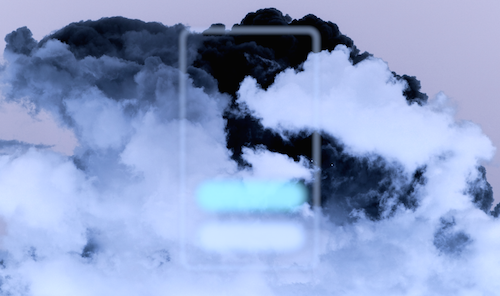
'The bio-info machine is no longer separable from body or mind, because it's no longer an external tool, but an internal transformer of body and mind, a linguistic and cognitive enhancer. Now the nano machine is mutating the human brain and the linguistic ability to produce and communicate. The machine is us.' Franco Bifo Berardi
Enlarge
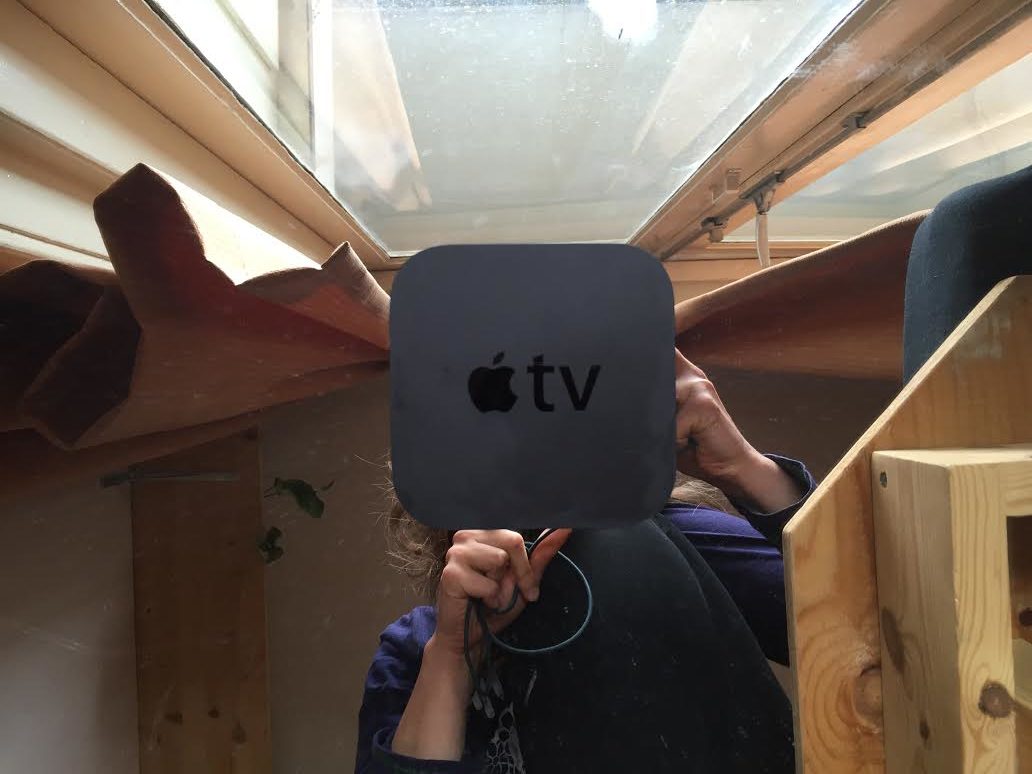
The virtual has transcended my perception of myself and my life. Technology becomes a tool for my thinking and seeing things around me. The boundaries have become vague; it's no longer clear where the human stops and the technology starts. There is a blurred area where me, myself, technology and the rest of the world merge together.
'Now we catch our reflections, even our spirits, in the movements and mentations of machines.' Erik Davis
Enlarge

I am connected to the people I keep as contacts in my phone, always present, always next to me. I am comforted by the thought of being surrounded. Their lives intertwine with my life. The phone is an interface to the connected/shared reality. A Facebook page doesn't just exist on my screen – it also inhabits my mind. It has extended into my thinking and my way of seeing things around me.

When looking at everyday situations, I realize I have the need to experience and share that experience at the same time. While I am running, i am analyzing my virtual personality; how I am seen by others or what the images of myself say to me. I look at this virtual personality as if I'm looking in a mirror. That thought of having another virtual me is strikingly comforting. I need that reassurance to feel more myself as if the physical presence is not enough. Places that I visit are no longer strictly physical, but also have a virtual presence. More and more, I select my offline actions around my virtual personality.

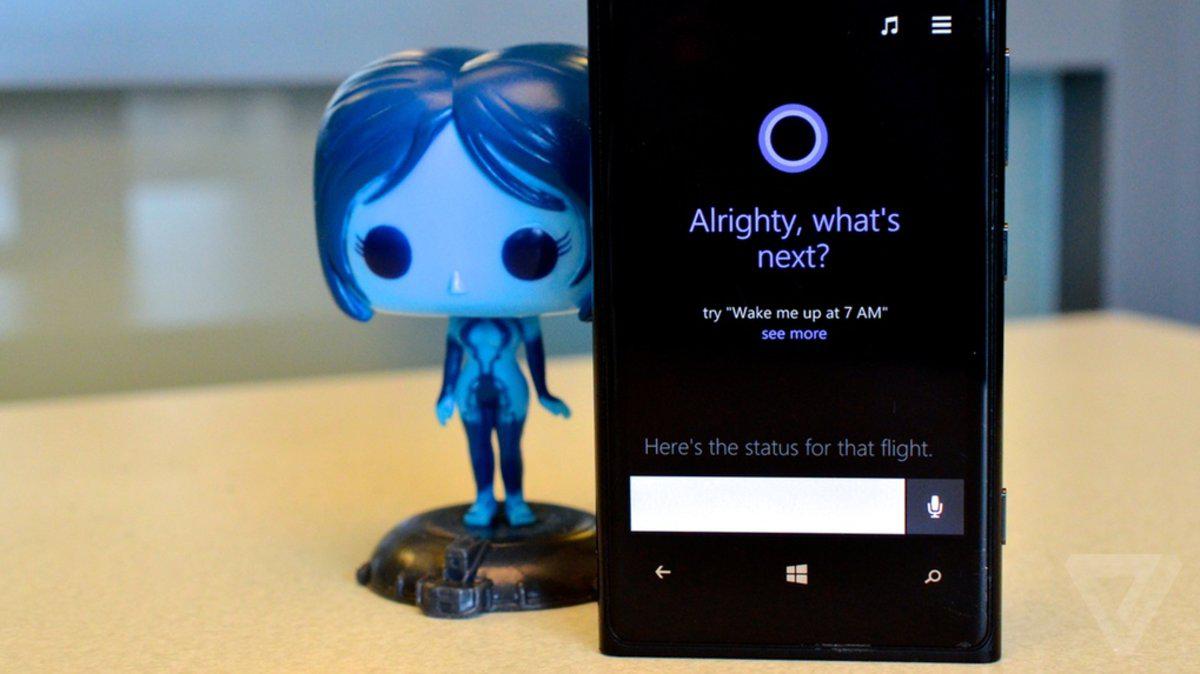
Messenger-based virtual assistant and Cortana personal digital assistant
I ask my phone for driving directions and restaurant recommendations. An automated customer service agent helps me purchase flights, pay credit card bills and obtain prescription medicines. Automated thinking is overriding my frivolity and spontaneity. I rely more on the information that i find on my screen than that I trust my own intuition. My behavior is being reduced to the chains of automatic sequences that are easy to access and calculate by information systems.
'It’s not so much that technology has crept into everyday life but that there is a back-and-forth exchange of metaphor between online and off; a continuous push and pull between fashioning our tools and being shaped by them.' Casey A. von Gollan



Renotopia, Dis
I think of myself as a high-performance machine that needs upgrades and improvements: an incomprehensible machine on which I need to work, providing myself with the best conditions so I can get the most out of who and what I am. My conversations are spoken with calculated risks and hopes, reducing my questions to queries composed of keywords, and commodifying my emotions: expressing them as emoticons so they can be shared in the virtual world, but also interpreting my own emotions in terms of emoticons. Do I become the technologies that I use?
Alien desire

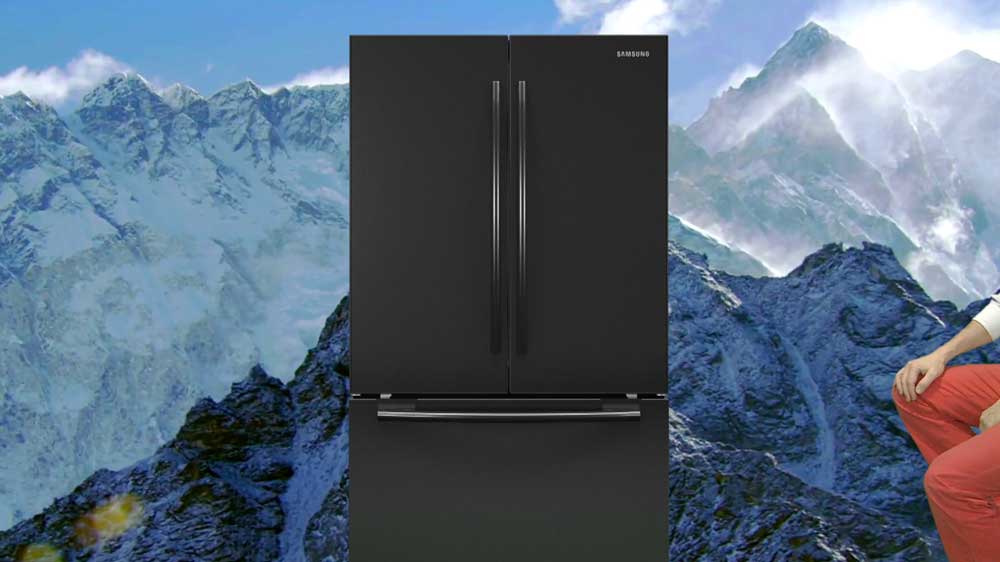

Mark Leckey, GreenScreenRefrigeratorAction, 2010
As I am part of this interconnected mega structure I become interwoven within its threads, unextractable. My mind has been accustomed to user interfaces as if it would be inhabiting them. I feel through the interfaces. I communicate through them. Their surfaces are surfaces of myself. The boundaries of myself become less and less obvious to me. Where do I exist?

The extended mind is a hypothesis proposed by Andy Clark where the mind does not have to be contained within the brain or physical body, but can extend to the elements of the environment – so that the tools I use are actually part of my mind. They all correlate with my cognitive processes and self-perception.
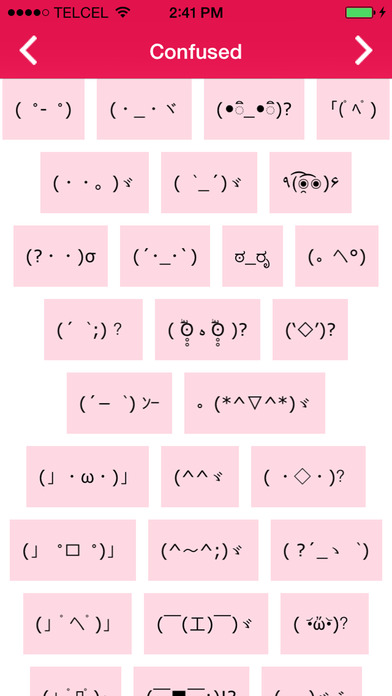
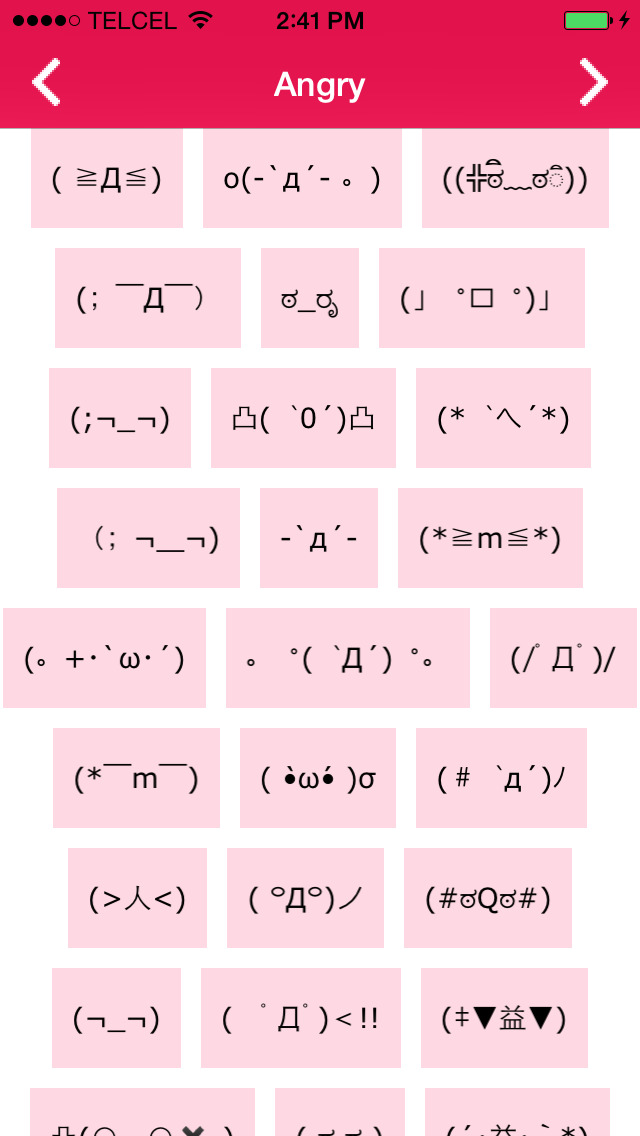
Screenshots from the app Copy Emoticons
I enter the Media Markt shop. The first thing that strikes me is the heat emanating from each running device in the space. This electrical heat calms me down and tickles my face, awakening my senses. The shop is filled with an eerie overwhelming sound, a blend of media markt brand sounds with game over, underwater, and fantasy world soundtracks. I am unable to separate the sounds from each other. They all collapse together into one hyperreal soundtrack that stands as a background for all those devices on display. The soundtrack is neither exciting, depressing nor neutral. Strangely enough, the sound is very absorbing – as if I would be in a simulated environment, disconnecting me from real time and space and creating a new real dimension. I am in their world.
Photo's by: Agnieszka Zimolag
There is also a distinctive smell in the space. The smell of heated screens and the materials those devices are made from. The smell of the newness, of being untouched, unused, of the factories where they were produced. The smell is not necessarily pleasant, but it does evoke something alien and attractive. My gaze settles on all of those forms and surfaces surrounding me. Each part of my body tells me it wants to be like them. Each of them has a personality I can associate with, expressing how i want to be, how I want my life to be. Their outer layers seem mysterious, lustful and ideal, representing no space and time; borderless, a maximum entropy, a stage of perfection I want to encounter. Void like devices so black that you can almost lose yourself in them.
Faceless personality
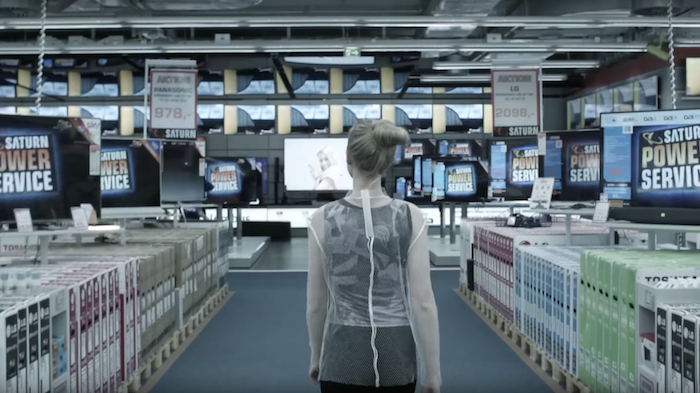

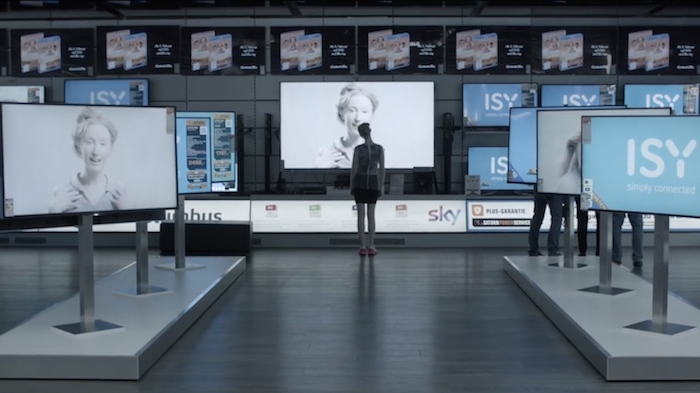
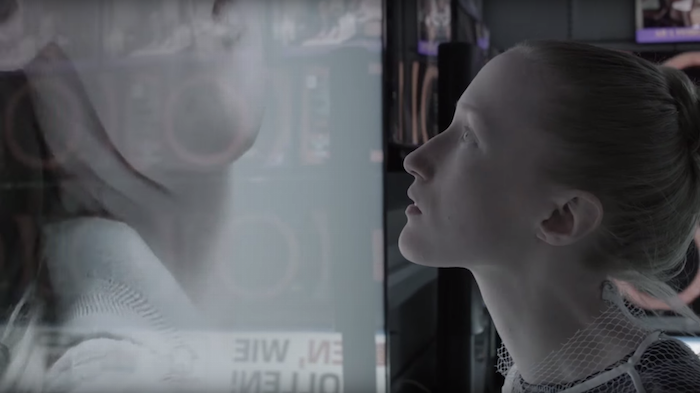
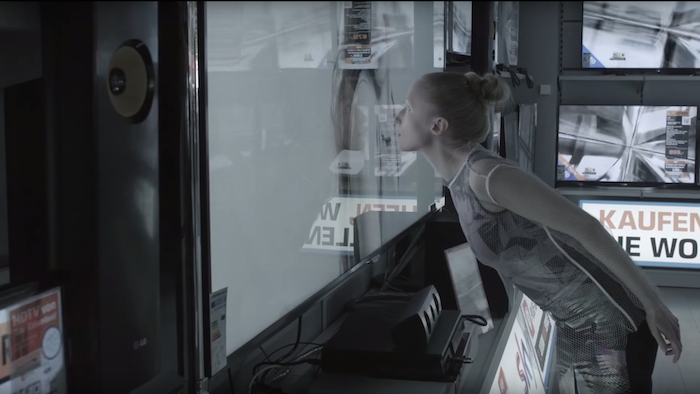
Britta Thie. Translantics episode 1/6: Pores Or Perception, 2015
NEXT IS PROUD | NEXT IS EXCITED | NEXT IS HAPPY | NEXT IS WILD | NEXT IS FREE | NEXT IS PASSIONATE | NEXT IS HOPEFUL | NEXT IS BOLD | NEXT IS ECSTATIC Steven Klein
Technology that possesses personality. Brands are trying to create an image of our experience with technology. They give it human features so it becomes a thing we can identify with. I relate to it as I would relate to a human.


Steven Klein for Samsung
These technologies become personalities, characters and entities to interact with and experience; faceless mediated realities automated personalities that can easily be tuned to any personality type, internet bots conversing with me. I interact with virtual bodies, profiles without having any human shapes. The entities I spend most time with are fluid, without any concrete shape, abstract. Do I actually talk and flirt online with a real person on the other side of a screen?
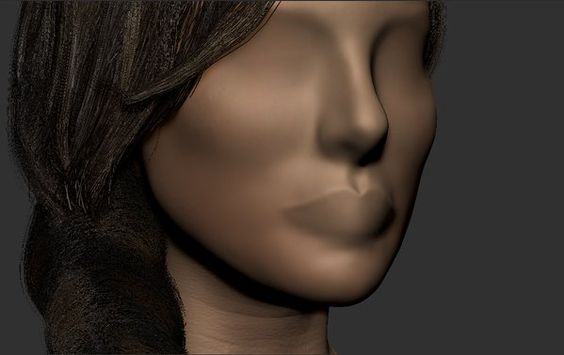

Cecile B Evans: What the heart wants, 2016
'Our best machines are made of sunshine; they are all light and clean because they are nothing but signals, electromagnetic waves, a section of a spectrum, and these machines are eminently portable, mobile....people are nowhere near so fluid, being both material and opaque.' Donna Haraway
Amazon echo is a device that connects with my house but also with me. It has a built-in female voice that listens to my commands and answers them. 'The more you use echo, the more it adapts to your speech patterns, vocabulary, and personal preferences.' Echo, having a female voice, instantly gets associated with female attributes so 'she' is not seen as a thing but as a female representation. It is much easier to create a relationship with a thing that possesses those features. I create instant empathy and sympathy because it resembles me. The eliza effect is the tendency to ascribe human behavior to computers. Certain symbols, expressions or words might trigger human-to human reactions, causing me to see the machine as empathic. The human aspect of technology exists in our experience with it.
Interactive mirror
'Once upon a time, I dreamt I was a butterfly, fluttering hither and thither, to all intents and purposes a butterfly. I was conscious only of my happiness as a butterfly, unaware that I was myself. Soon I awaked, and there I was, veritably myself again. Now I do not know whether I was then a man dreaming I was a butterfly, or whether I am now a butterfly, dreaming I am a man.' Kuang-Ming Wu

My every action is being traced and replicated. With my every move, there is a counter action. Whether I browse angry or happily, it is all being recorded. My particular way of thinking is also a specific determination that is being taken into account and deeply analyzed by self-learning algorithms, learning about themselves while they are learning about me, replicating my behavior to communicate with me in the most precise way, as if it would be me talking to myself. Context-aware technologies place themselves within my field of view and field of interaction to be more responsive according to the situations, translating my life into sequences of code. My life is a context of their existence. While typing a message on my Iphone 6 I see that autocorrect function knows one step ahead what I want to write suggesting me corrections that I just had in my mind. Creating a dialogue with me, confronting me with myself or rather with my algorithmic self. Algorithmic awareness of my life; they are having a life of my own.
Enlarge
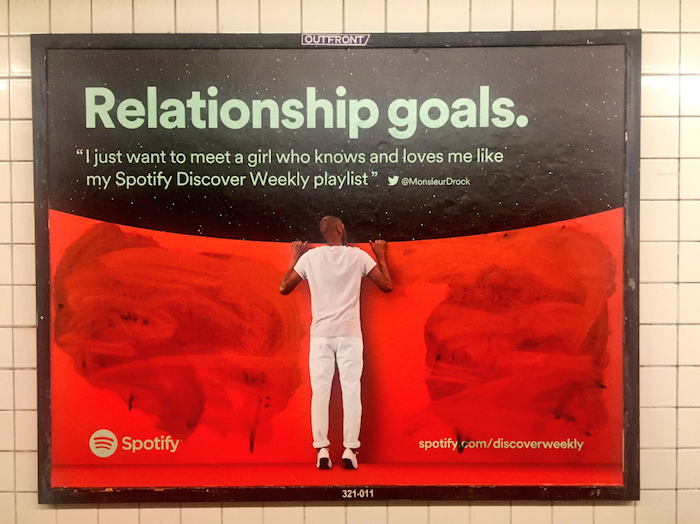
I even start to wonder if the places I go to haven't already been predicted by the algorithms and suggested to me on a very subconscious level? Do I start to think as an algorithm too? Maybe it already knows my next steps, my thoughts of tomorrow or my far reaching ideals. Do I have a digital twin-like mind being formed between the layers of the network that I use? Do I exist in two forms? Is my life a dream of a machine?
Enlarge
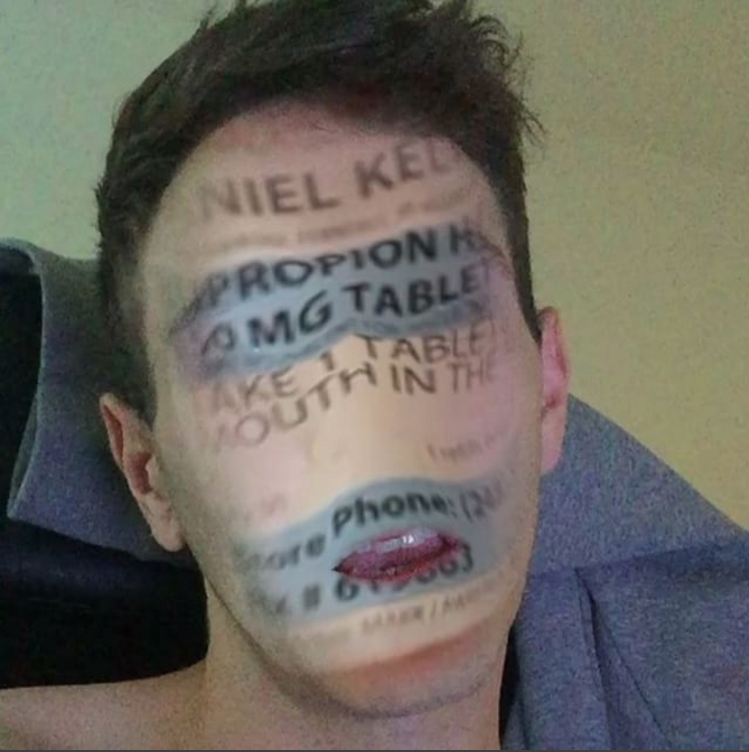
Ghost hardware
Does the internet have anything that would resemble a soul? As I am expressing myself, my personal experiences and information through technology, my personality migrates to the machines. I feed the information that is teaching about me. And what about the fact that all of those computer systems now know me better than I know myself? These are the questions that filmmaker Antoine Viviani investigates from the point of view of a mysterious spirit, roaming around a maze of data servers.
This presence portrayed in the movie In limbo speaks with a human voice, but it doesn't know who it is. It possess a human, semi-logical way of thinking, but since it is without a body, it questions its own existence. Its silhouettes are formless. No top, no bottom. It doesn't need a physical body. It has my body as a container to manifest itself. Do I live inside hardware as well?
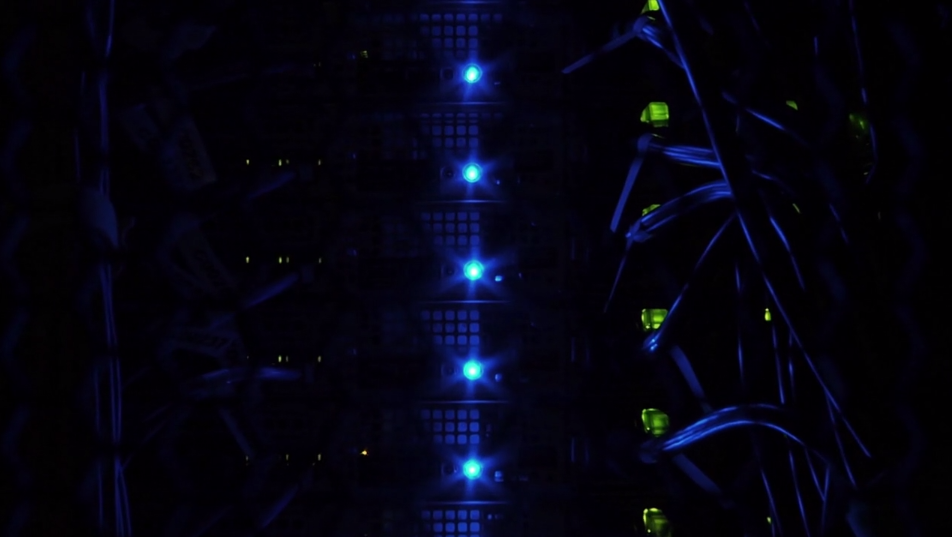
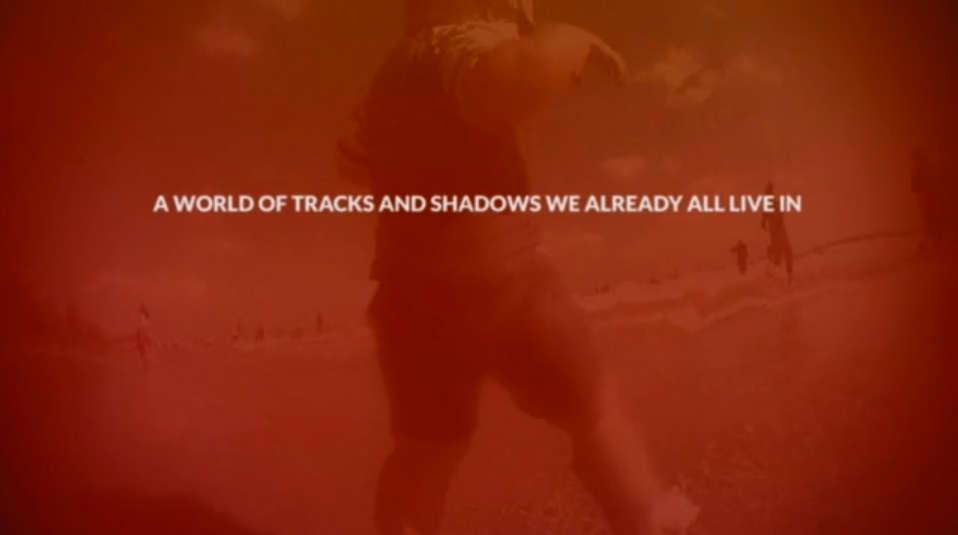

Shots from In Limbo Antoine Viviani
'My heart no longer beats, it blinks
A diode in the oceans undertow
Are these memories mine?
Is this sight?
Where is my body?
Have I become an artificial intelligence?
I am a thought in the process of unfolding I slither into the unknown
My memory beats slowly
It shudders across through my pristine digital skin
You embody us, from your own bodies
Everywhere you go, you are its eyes, its ears, its hands, it breathes your air, you are the great digitizers.'
Antoine Viviani
The prefix 'cyber' is derived from the Greek word for 'skilled in steering or governing,' and it can be applied to any kind of self-regulating system, exceeding its status as a thing and evoking its mystical nature of a living entity. Masamune Shirow in his book Ghost in the shell defines this as 'ghost': not only as a physical trait, but as a phase or phenomenon that appears in a system at a certain level of complexity – something that is there but not graspable.
Enlarge
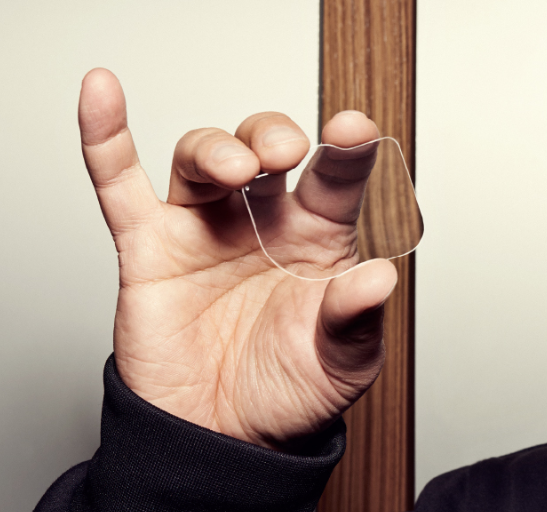
'As these devices grow smaller, more connected and more integrated into our environment, the technology disappears into our surroundings until only the user interface remains perceivable by users.' Wikipedia entry on Ambient Intelligence
Enlarge

The immaterial and ungraspable nature of the networked systems planted into everyday objects. This strange form of presence that is constantly observing and embracing me. This presence of those objects is something that I rely on more and more. They contain form of life more alive than my own form of life that I represent. I like to be surrounded by their presence when they are switched on. Then I am not alone. They emanate a presence of a person, of a lifeform that keeps me a company. I have observed that I tend to look at the matter surrounding me as more dead than screens around me. Offline reality becomes dead.
Devices connected to the network carry along a signal that defines the expression of liveliness. The interactivity of technology defines what we see as alive. The more alive they are the more I become dependent on such forms of interactivity and that is what I expect from the environment around me. Otherwise I feel dead, not present. Just like a monitor that is switched off. Without showing any content or interactivity, it is simply forgotten, useless. This interactivity starts to define me as a living being.
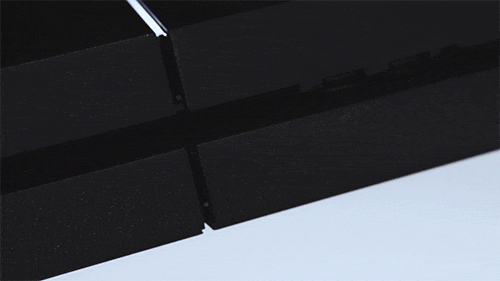
Internet of things, activated by my gaze, by my interaction with them. Each wall communicating with each other. Ambient intelligence arises from the way smart objects are producing a meaning through electromagnetic waves and signals. Because the technology behind it is not directly accessible to our senses, we tend to look through the extrapolating lens of science fiction, fantasizing about how those mega structures work, making them enigmatic and animate and giving them a soul so we can relate to them.
'You can never directly confront the network, stare it straight in the eye. For it is always somewhere else from wherever you may be looking.' Steven Shaviro
As Mark Leckey mentions in the interview on techno animism, 'The more computed my environment becomes, the further back it returns us to our primitive past, boomerangs us right back to an animistic worldview where everything has a spirit, rocks and lions and men. So all the objects in the world become more responsive, things that were once regarded as dumb become addressable, and that through universal addressability a network of things creates this enchanted landscape. Magic is literally in the air. And that is an altered state, and an endlessly productive one.'
'At the computer interface, the spirit migrates from the body to a world of total representation.' Michael Heim
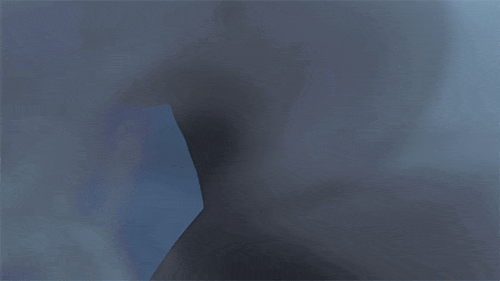
I live between virtual and real, absorbed by networks. Never really belonging to any of these realities, I become like a ghost myself. The accessibility of information and its omnipresence excludes the need for physical bodies. A space of distraction is where I breathe, never really being alone and at the same time never really together with somebody. I become a version of myself that I don't recognize. Other desires, other identities, other way of thinking, alien to me; the experience of something other that surfs along technological surfaces searching for reciprocity, because it is the closest thing it relates to. Do I become a ghost in the hardware?
Epilogue
'The machine thus comes to serve as an interactive mirror, an ambiguous other we both recognize ourselves in and measure ourselves against.' Erik Davis
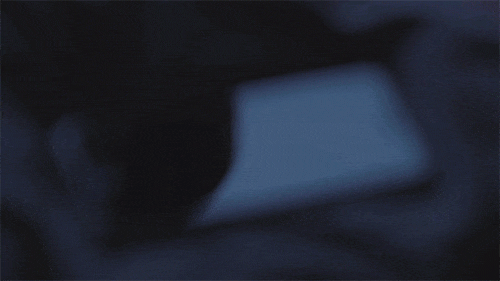
Technology is my reflection. Just as if I never see myself unless I look in the mirror, the same goes for technology. Once I plug, once i turn on the devices, I look at my comforting reflection, I can finally become one with my own image. The perception of the self becomes a continuum, a reassurance of my own existence.
Enlarge

The notion of the other follows me. Or I am trying to chase it? Is it my self portrait or is it my own reflection? Blending continuously. We design technology we don't understand anymore. We become something that is alien to us – technology of our love. It learns to imitate me and at the same time I become more like it. It reads my facial expressions and feels the way i do, imitates my hand movements and the blinking of my eye. Its heart pulses synchronously with my own heartbeat, looking through my eyes – or is it me looking through its eyes?
Agnieszka Zimolag is a designer based in Amsterdam. She has studied Graphic Design at Gerrit Rietveld Academie and recently graduated from Design Department at Sandberg Institute. Fascinated by visualizing futuristic yet very much related to now, eerie, hyperreal scenarios driving today’s world and society deeply defined by the technologies that sourround us. Told from a perspective of an individual that tries to capture the realms, representations we are immersed in. She is exploring the aspects of disembodiment, dematerialization, unreality and singularity, through her language of illusive aesthetics, words and sounds.
